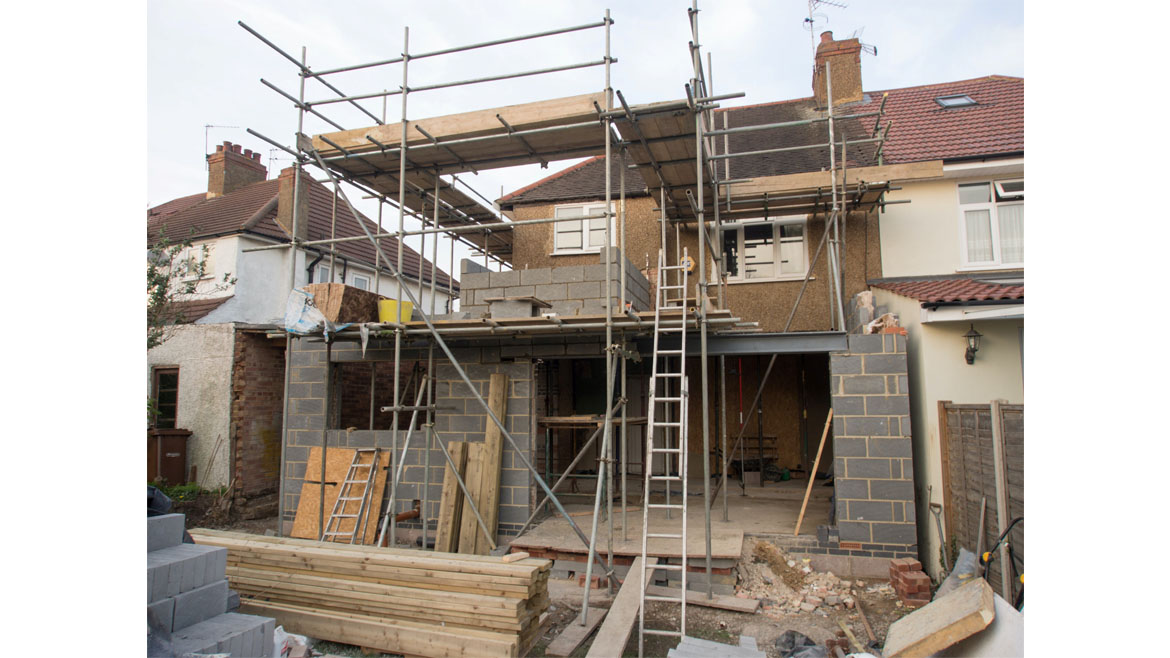 Heat pumps for both space and water heating will be required in most new homes in the state of Washington beginning next July.
Heat pumps for both space and water heating will be required in most new homes in the state of Washington beginning next July.
The mandate, which applies to single-family and smaller multi-family buildings, is part of the new Washington State Energy Code, which was approved by the State Building Code Council (SBCC) with a 9-5 vote in November. Similar regulations for new commercial buildings, which under the state’s definition include certain multi-unit buildings, such as apartment buildings of four stories or more, was approved in April.
The stated aim of the new codes is to reduce the use of fossil fuels and the greenhouse gas emissions that result from burning them. The rules for new home construction make exceptions for well-insulated buildings with small heating loads, for the use of solar and waste-heat recovery heating systems, and also for electric-resistance spot-heating that could, for example, heat a bathroom floor. Backup heating systems that use fossil fuels will also be allowed, with limitations.
The residential requirement brought praise from environmental groups and criticism from the state’s largest trade association, the Building Industry Association of Washington, which represents more than 8,000 home-building companies.
The BIAW said the requirements will drive up the cost of a new home by at least $8,300 and exacerbate a housing crisis in the state. A natural-gas backup heating system will further increase the price of a new home, the BIAW said.
“Requiring heat pumps does nothing to reduce reliance on fossil fuels,” said BIAW executive vice president Greg Lane. “Washington already consumes less natural gas than roughly half the nation. The electric power sector is the largest natural gas user in the state.”
A bill that would have banned natural gas infrastructure for space and water heating in new construction died in Washington legislature in 2021, a fact that was not lost on the BIAW.
“They recognized the need for all homeowners to have affordable choices when it comes to the mix of energy they use for space and water heating,” Lane said.
According to the U.S. Census Bureau, permits for 56,941 housing units were issued in Washington in 2021, and 44% of those — just over 25,000 — were for single-family homes.
In a press release, the BIAW said it was “reviewing all options,” including potential litigation, “to protect future homeowners and promote housing affordability.”
At the Sierra Club, which along with other environmental, consumer, and public-interest groups is petitioning the Environmental Protection Agency (EPA) to phase out fossil-fuel-burning heating appliances, a spokesman applauded the SBCC’s decision.
"The new building codes, coupled with electrification incentives from the Inflation Reduction Act, make all-electric heat pumps the best choice for builders and folks renovating buildings,” said Noah Rott, associate press secretary for the Sierra Club’s Beyond Coal campaign. “Washington is arguably the most ambitious state looking to clean up air and climate pollution in our homes.”
The new regulations will allow for either electric-powered or natural gas-fired (absorption) heat pumps, though natural gas heat pumps for residential use are not commercially available.
Supplemental heating systems will be allowed in the residential code. For space heating, the backup system must include a control set to prevent it from kicking in when the temperature is above 35°F. For water heating, the use of a backup system will be limited to times when the heat pump cannot meet demand, when the water heater is in an unconditioned space and the outside temperature is below 40°F or less, when the heat pump is in defrost mode, or when the compressor malfunctions or loses power.
Rott, however, argued that advances in heat pump technology will make the use of supplementary systems rare.
“Heat pumps are able to provide heating in even extremely cold climates, making gas backup expensive and unnecessary,” he said.
The codes will allow for the replacement of space- and water-heating equipment in existing buildings with similar equipment, as long as the heating capacity of the new equipment does not exceed that of the system being replaced.
The commercial code governing space and water heating is structured similarly to the residential code, with exceptions for buildings such as hospitals, jails, and nursing homes, and for the use of supplemental heating systems. The commercial code will also require tighter building envelopes, and will apply to existing buildings that are being remodeled.
For more information, please visit: https://www.achrnews.com/articles/147364-washington-state-pushes-for-heat-pumps
Post time: Dec-12-2022








